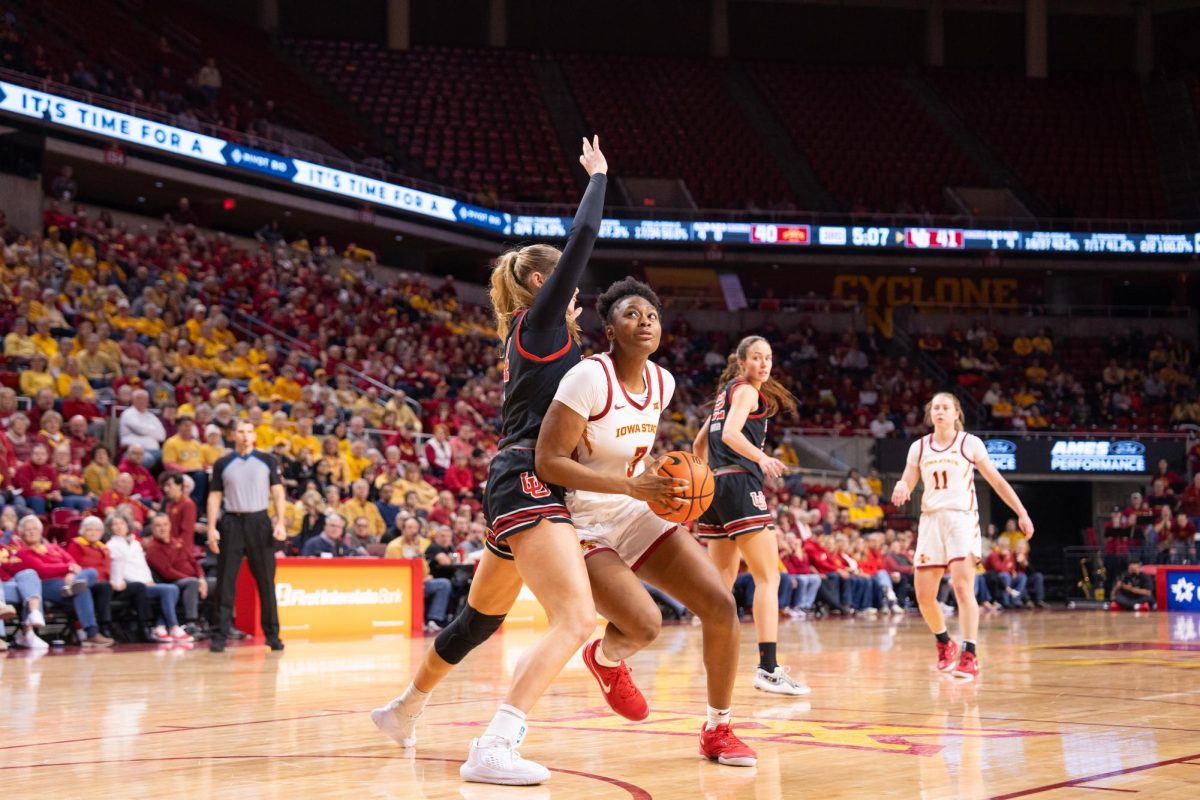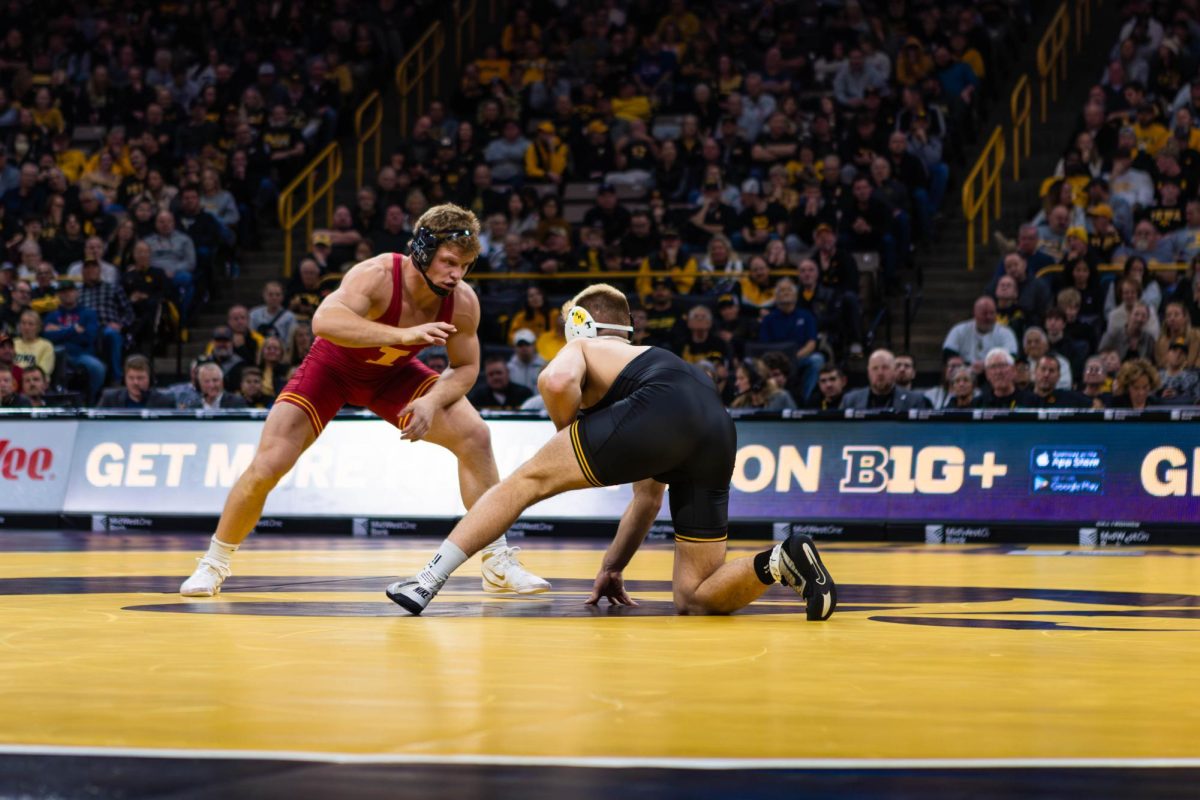Diversity discussion draws large crowd
January 27, 2003
The Sun Room of the Memorial Union was overflowing as nearly 400 people gathered to discuss diversity in the first of what President Gregory Geoffroy has billed as monthly “Friday Conversations” on diversity.
“[Friday Conversations] launches a series of initiatives to make Iowa State better through service and to make Iowa State a better place for diversity,” said Myron Batsa, director of student diversity for the Government of the Student Body and one of the organizers of the events.
Geoffroy addressed the crowd before each roundtable discussed diversity issues and concerns of their own choosing.
“Diversity is one of [Iowa State’s] top four priorities this year,” Geoffroy said. “We must have the very best [students and faculty] and many of the very best, brightest are of underrepresented groups. We must make Iowa State an institution that is welcoming and inviting to all.”
Geoffroy said important issues in terms of diversity include learning how to recognize, appreciate, support and embrace diversity.
“Only through open discussion of [diversity], sharing concerns, the dialogue of debate and common principles will we achieve our goal,” Geoffroy said.
“We all have different backgrounds and cultures, but we are all part of the same community,” he said.
The faculty, staff and students who participated in the discussion supported the importance of diversity on campus, and GSB President, T.J. Schneider said after the forum that many tables left notes with common themes that will be addressed in the near future.
“The amount of people really shows the determination and excitement of us as a community,” he said.
During roundtable discussions, more than 20 groups of about a dozen were able to discuss diversity topics of their choice, including identifying roadblocks to achieving a supportive campus environment on campus and identifying strategies for improving diversity.
Recruitment and retention of minority faculty was a heavily discussed issue.
“The University of Michigan took a risk and put its money where its mouth is, and this university is unwilling to do the same,” said Kate Schwennsen, associate dean of the College of Design, in regard to affirmative action policies which will reviewed by the U.S. Supreme Court.
Others agreed if recruiting and retention of underrepresented groups were priorities, the salaries of those groups must increase.
“If we pay minority faculty more money already [at Iowa State], people will wonder what’s going on and why the new faculty is getting paid more than they are,” said Kevin Kane, program manager for both landscape architecture and Academic Information Technologies. “We need to educate people and say ‘If this is a goal of ours, this is what we need to do.'”
Another issue discussed was the comfort level of minorities on campus.
An adviser questioned whether minorities were offered a welcoming environment.
“Is there even a [black] barber in town? We must make Ames a comfortable place to be [for minorities],” said Melody Carroll, academic adviser for industrial education and technology.






